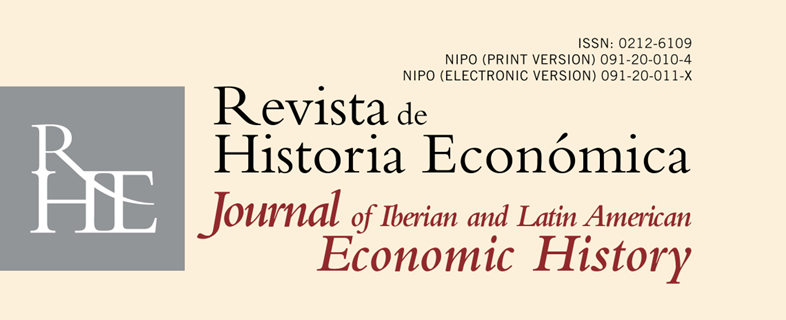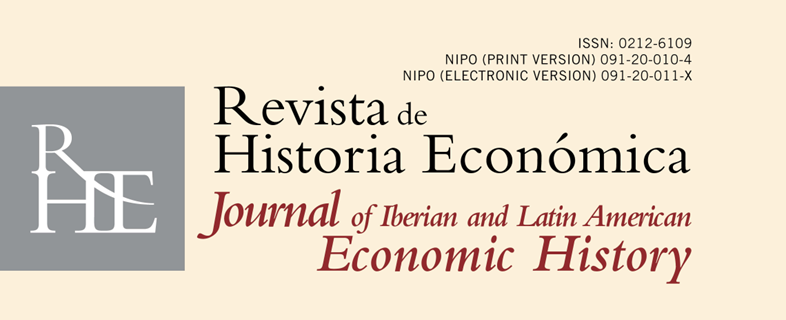I have resigned from the editorial board of the Journal of Iberian and Latin American Economic History. The main reason has been the editor’s failure to implement a data sharing and replication policy which is now increasingly standard is all good academic journals, and correctly so. For example, in the field of economic history, The Journal of Economic History, Explorations in Economic History, and Economic History Review all have such policies in place at present.
After some back and forth with the main editor, Maria Angeles Pons, which I ultimately felt was going nowhere, I resigned. The editor said that this was discussed with the rest of the editors and they agreed that they wanted to include this only as a recommendation, and not as a compulsory request for accepted papers. Last October I wrote the following email to the editor:
To me, this matter of forcing authors to make data from published articles available to the scientific community is non-negotiable. It is essential for replication and dissemination. Almost all serious journals now do this and, in my view, not doing it seriously compromises the credibility of the journals that don’t. There is no good reason not to implement this policy.
It also seems to be that this, as well as changes to the instructions to Authors and other key decisions concerning the Journal (including choice of replacement editors and board members), should be jointly discussed with the Editorial Board and not simply decided by the Editors by themselves.
Accordingly, I would like to encourage you and the editors to rethink these critical decisions for the integrity of the scientific process.
Allow me to kindly and respectfully inform you that if the current policies do not change, I regret that I will resign from the board on Friday February 3rd, 2023. If so, I will also not be available to provide any further referee reports to this journal after that date.
The editor later asked for more time and I agreed, giving them another month. But ultimately nothing relevant changed as subsequent email exchanges were not fruitful. I believe that just recommending that authors do this but leaving it to their discretion is not enough. Yet to me, this matter is critical. I have sometimes wanted to inspect data which is not available anywhere, for example because the authors left academia or are otherwise unresponsive to emails. And there have been recent reports suggesting that, unfortunately:
“Most researchers don’t share their data. If you’ve ever read the words ‘data is available upon request’ in an academic paper, and emailed the authors to request it, the chances that you’ll actually receive the data are just 7 percent. The rest of the time, the authors have lost access to their data, changed emails, or are too busy or unwilling.”
I showed the above report to the editor. The follow-up discussion dragged for weeks, and as mentioned, I initially delayed my resignation while I tried to understand if we were getting somewhere. I explained and insisted that there was no reason to delay as change in policy could be implemented for free due to the existence of free permanent data repositories like Zenodo or openicpsr. At one point the editor said that the decision was transitory but I insisted that it was not clear how for long the current policy might be “transitory” for, and that it would risk becoming a “permanent transition process”. Still, the editor insisted that this was the decision for now, without providing any credible path to reform.
As in practice nothing has changed I have informed the editor of my resignation, effective immediately (though they’ll still have to update the webpage to take my name out). I have also informed the editor of my unwillingness to write any more referee reports for the journal while the current policy remains. As I informed the editor, I believe that making my reasons public is better than allowing for speculation by others concerning my reasons for resigning, and it may encourage future editors of this academic journal to be more serious about this important matter.

Publisher: Source link











